
Starting June 1st, 2023 Our warehouse fee will be $0.65/cubic foot per month
In effort to lower the warehouse storage fee during inflation, we have went narrow aisle racking.This construction took us four months but the project is finally completed. With narrow aisle racking, we are able to drop storage by 24%.We as partners will go through this inflation together.
10/11/2023
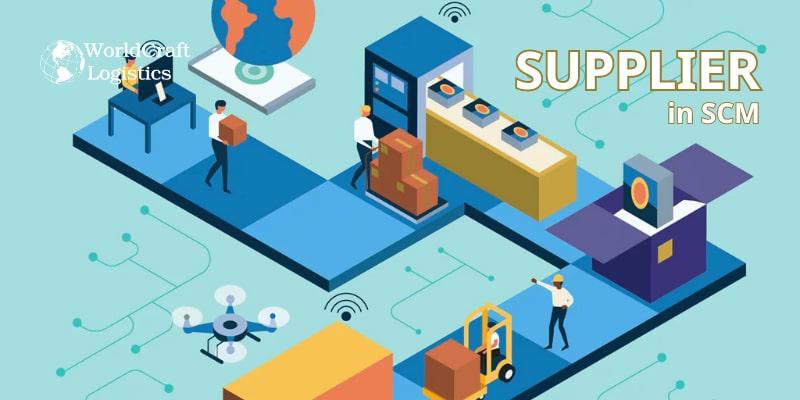
In supply chain management, many people wonder what is a supplier? A supplier can be an entity or organization that provides goods, services, or raw materials to another organization or business in the supply chain. Suppliers play an important role in the supply chain as they are responsible for providing the necessary inputs for the production or distribution process. These inputs can include raw materials, components, finished products, or even specialized services needed for different stages of the supply chain.
Suppliers have a hugely important role at every stage of the product lifecycle. From sourcing raw materials to helping ramp up production, and to finding better options for raw materials as the market starts becoming saturated, companies need to work closely with their suppliers to get the best out of their products.
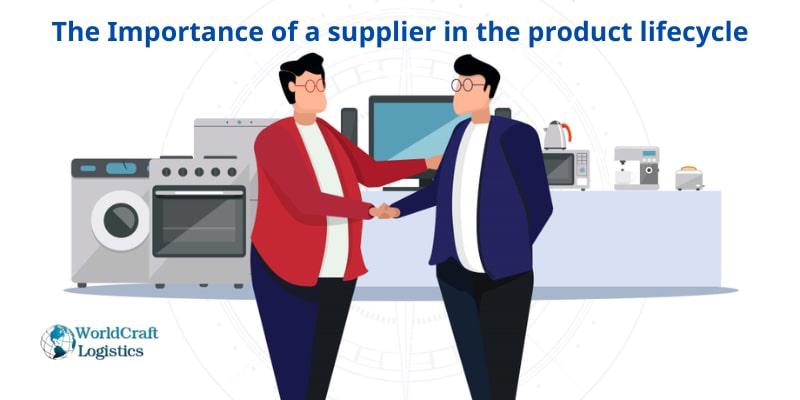
The responsibility of ensuring goods and services is manufactured or provided in a manner that is compliant with state and federal laws falls upon vendors. What laws exactly do suppliers need to be mindful of? Well, every standard from human rights (child labor and fair labor practices) to safety. And that’s not all, if they are selling their products regionally and internationally, this may entail having to be aware of regional treaties and local business laws in the countries they also do business in.
The demands of suppliers are tight. One of them is being able to help organizations save money and improve their bottom line by presenting goods and services of high quality at reasonable prices. Businesses are fickle and will have no problem opting for a cheaper vendor if the product quality is the same and the prices offered are lower.
Suppliers are bound to operate in a fair and equitable manner catering to retailers from a variety of backgrounds. Organizations should each be given an opportunity to source their needs from suppliers without fear of being discriminated against if they have the capacity to acquire required inventories.
A vendor may consider the various means of transportation that are being employed to deliver goods. Because there are strict deadlines in place, it’s key that transportation facilities are always being evaluated and refined to ensure goods arrive on time at factories, warehouses, and distribution centers.

Inventory management is the practice that helps suppliers know what stock they have and how much of it they have at any given moment in time. This pivotal tracking ensures that there is no disruption in the supply chain because of a lack of raw materials or goods.
Fulfillment is also a major responsibility of suppliers. Vendors can take on the role of receiving, packaging, and shipping orders for goods depending on their agreement with organizations.
Check out the new knowledge articles right away, you will definitely need:
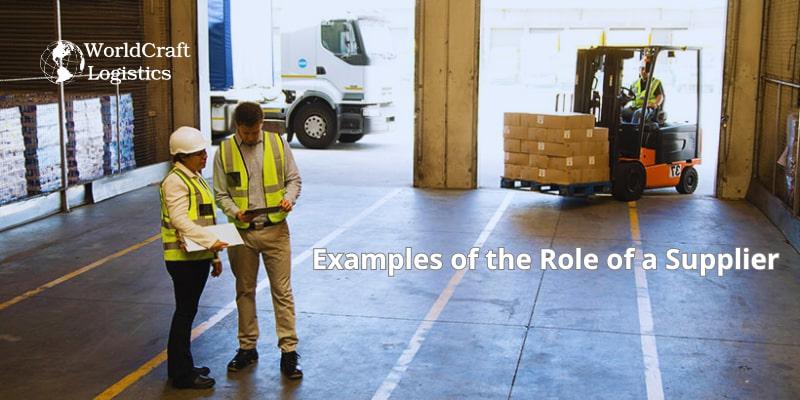
The role of a supplier in a business can be a demanding one as retailers expect a certain level of quality, and manufacturers expect suppliers to sell a lot of stock. Due to this suppliers must be flexible and understand how to manage relationships. Other important elements of a supplier’s role include:
Compliance with local laws: Suppliers should comply with all relevant laws and standards, including human rights protection and child labor.
Best price possible: Suppliers must guarantee the best price and quality to retailers to maintain trust among them. This will help ensure repeat business in the future.
No conflict of interest for suppliers: Suppliers should not do business with those who they may have a conflict of interest with. This would include family members, friends, and new or old colleagues. This is to decrease the likelihood of unfair treatment among other customers.
Equitable transactions from all retailers: Suppliers must provide equal opportunities for all retailers to do business with them. A retailer should not be rejected due to their location, or any other reason.
Supplier relationship management (SRM) is a strategic approach and set of activities that organizations use to effectively manage their relationships with suppliers. SRM involves establishing, nurturing and optimizing relationships with suppliers to ensure that the organization can derive the best possible value from its suppliers while minimizing risk. ro. Therefore, it can be understood that suppliers have a close relationship with SRM throughout the entire supply chain.
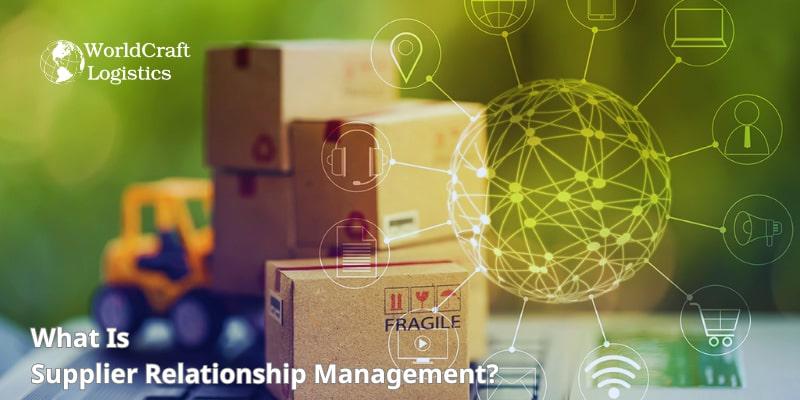
Supplier Relationship Management's necessity can help achieve business goals that include high-quality output, decreased supply costs, and much more. Let’s take a look at significant five benefits that the SRM has to offer to the manufacturers, businesses, and suppliers:
Supplier Relationship Management (SRM) provides many significant benefits to organizations and businesses in the field of supply chain management meaning and business operations. Below are some key advantages of implementing SRM:
Cost Optimization: SRM helps optimize costs by improving supplier processes and performance, ensuring that you are procuring goods or services at competitive prices and with the best quality.
Quality Improvement: Managing relationships with suppliers helps control and ensure the quality of products or services, leading to a substantial increase in the quality and reliability of the final products.
Enhanced Responsiveness: SRM optimizes supply processes and planning, increasing the organization's ability to respond to customer needs. This can reduce lead times and optimize inventory.
Increased Integration in the Supply Chain: By collaborating closely with suppliers, organizations can enhance integration and flexibility within the supply chain. This helps minimize disruptions and streamline processes.
Creating Opportunities for Innovation: Strong supplier relationships can promote innovation and the development of new products through collaboration to improve and develop products or services.
Risk Management: SRM helps identify and manage risks within the supply chain, allowing organizations to mitigate or respond to issues such as natural disasters, market shifts, or supplier disruptions.
Long-Term Relationship Building: Establishing good relationships with suppliers can lead to long-term, stable relationships, ensuring a continuous and reliable source of supply.
Competitive Advantage: SRM can help create a competitive advantage by ensuring flexibility, quality, and superior performance within the supply chain compared to competitors.
In summary, managing supplier relationships not only reduces costs but also provides opportunities to optimize the supply chain, improve quality and integration, and build long-term relationships with critical suppliers.
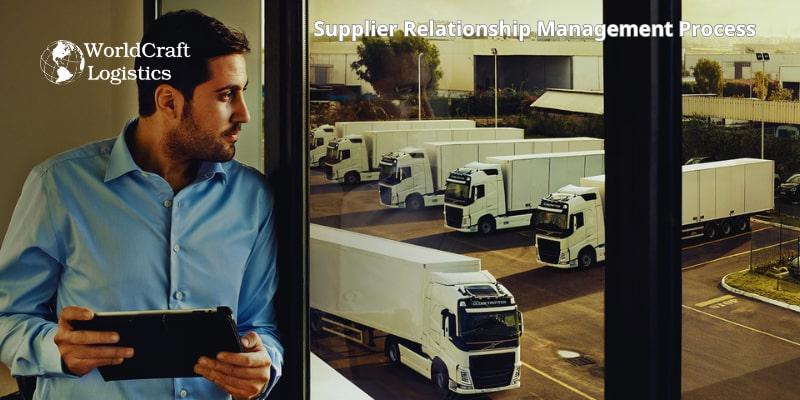
We cannot talk about the role of suppliers without addressing the supplier relationship management (SRM) process. But just what is supplier relationship management?
It is a pragmatic and methodical approach to appraising suppliers providing raw materials, goods, and services to businesses; governing each vendor’s contribution to an organization’s success, and generating strategies to refine their performance. The SRM process can be split as follows.
Go through your list of suppliers. Allocate a category of importance to each supplier. This segmenting of suppliers will assist you in seeing who is actually adding value to your business and which suppliers can be let go.
How do you propose dealing with each supplier? How can you effectively gauge performance? The best way to do both of these things is by developing robust supplier strategies complete with expectations. It’s vital that you have performance metrics against which you can critically assess every supplier on your list.
A strategy is only as good as its execution. Once you’ve got the strategy put it to the test. Delegate responsibility to qualified people who are able to competently evaluate the suppliers and measure the overall success of the strategy.
| Supplier | Distributor | |
| Role | A supplier is an entity or organization that produces or provides goods, services, or raw materials. Suppliers are typically the source of the products or materials used in manufacturing or resale. | A distributor is an intermediary entity that acts as a middleman between suppliers (manufacturers or producers) and end customers (retailers or consumers). |
| Function | Suppliers manufacture, produce, or source products, and they may sell them directly to businesses or organizations that require those products. | Distributors purchase products or materials from suppliers in bulk and then distribute them to various retailers, wholesalers, or end customers. They play a role in the physical movement and storage of products. |
| Relationship | Suppliers are upstream in the supply chain and have a direct relationship with the manufacturer or producer. They are responsible for providing the necessary inputs for production. | Distributors have relationships with both suppliers and customers. They buy products in large quantities from suppliers and sell them to smaller retailers or customers. |
| Responsibilities | Suppliers are responsible for ensuring the quality, consistency, and timely delivery of products or materials to their customers. They may also negotiate terms, conditions, and prices with their customers. | Distributors are responsible for warehousing, inventory management, order fulfillment, and often, transportation of products. They may also provide value-added services like packaging, labeling, or marketing support. |
| Ownership | Suppliers often own or control the production process and have ownership over the products or materials they supply. | Distributors typically do not own the products they distribute but serve as intermediaries in the supply chain. |
Supplier and vendor are terms often used interchangeably, but they can have slightly different nuances depending on the context. Here are the key differences between the two terms:
Supplier
In summary, the main distinction between a supplier and a vendor lies in the scope and nature of the relationship:
It's important to note that the usage of these terms can vary by industry and region, and in many cases, they are used interchangeably, depending on the context.
Through Worldcraft Logistics' detailed article, we hope to provide more necessary knowledge about suppliers and clarify the answer to What Is a Supplier in Supply chain management? Don't forget to follow worldcraftlogistics.com of new articles in the near future, it will be very interesting. Thank you for viewing my article.
SEO
Digital Marketing/SEO Specialist
Simon Mang is an SEO and Digital Marketing expert at Wordcraft Logistics. With many years of experience in the field of digital marketing, he has shaped and built strategies to effectively promote Wordcraft Logistics' online presence. With a deep understanding of the logistics industry, I have shared more than 500 specialized articles on many different topics.
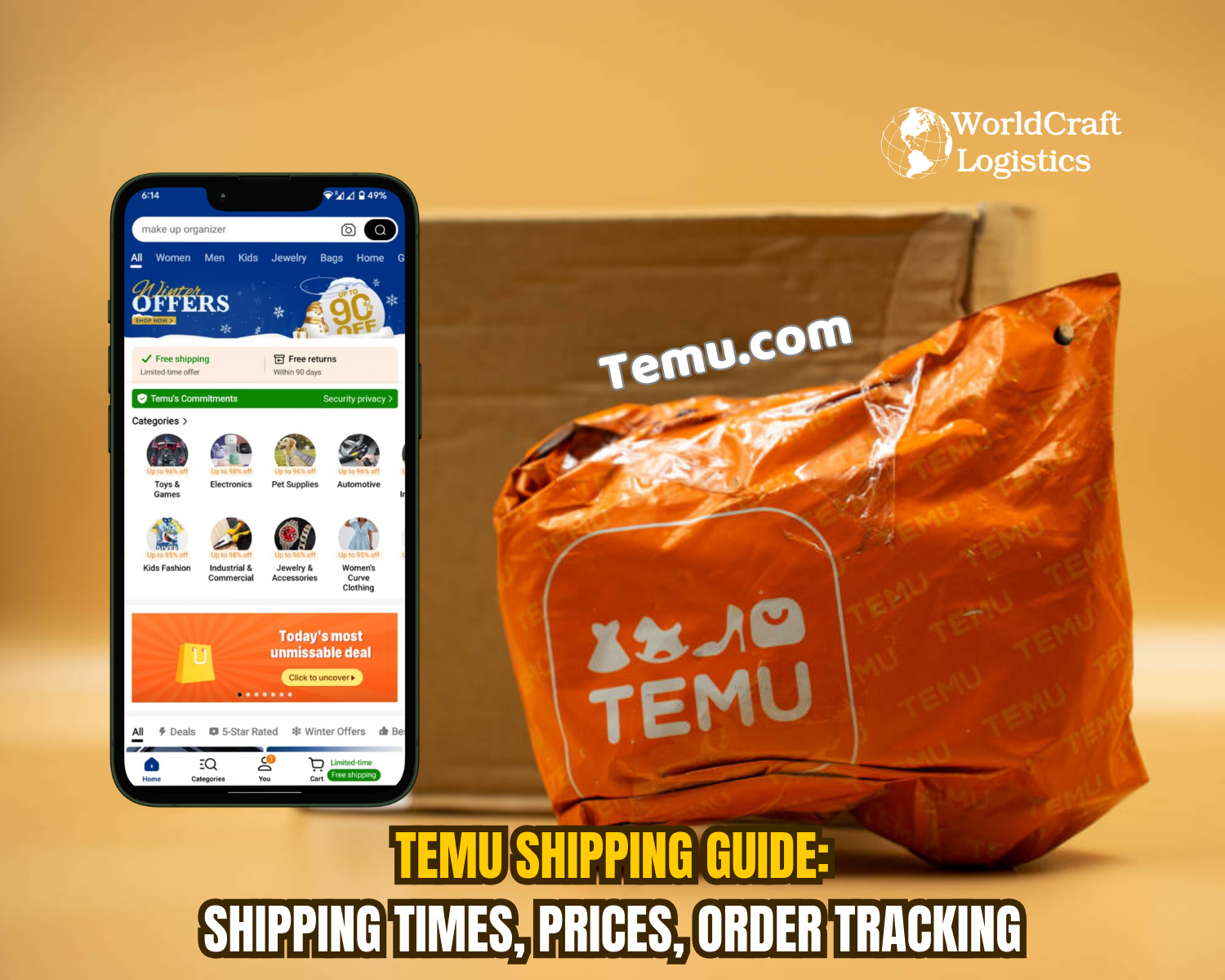
Education
01/05/2025

Education
02/18/2025
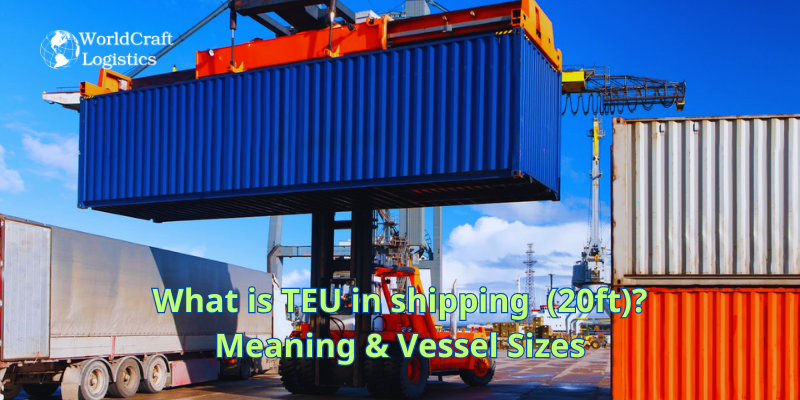
Education
01/01/2024
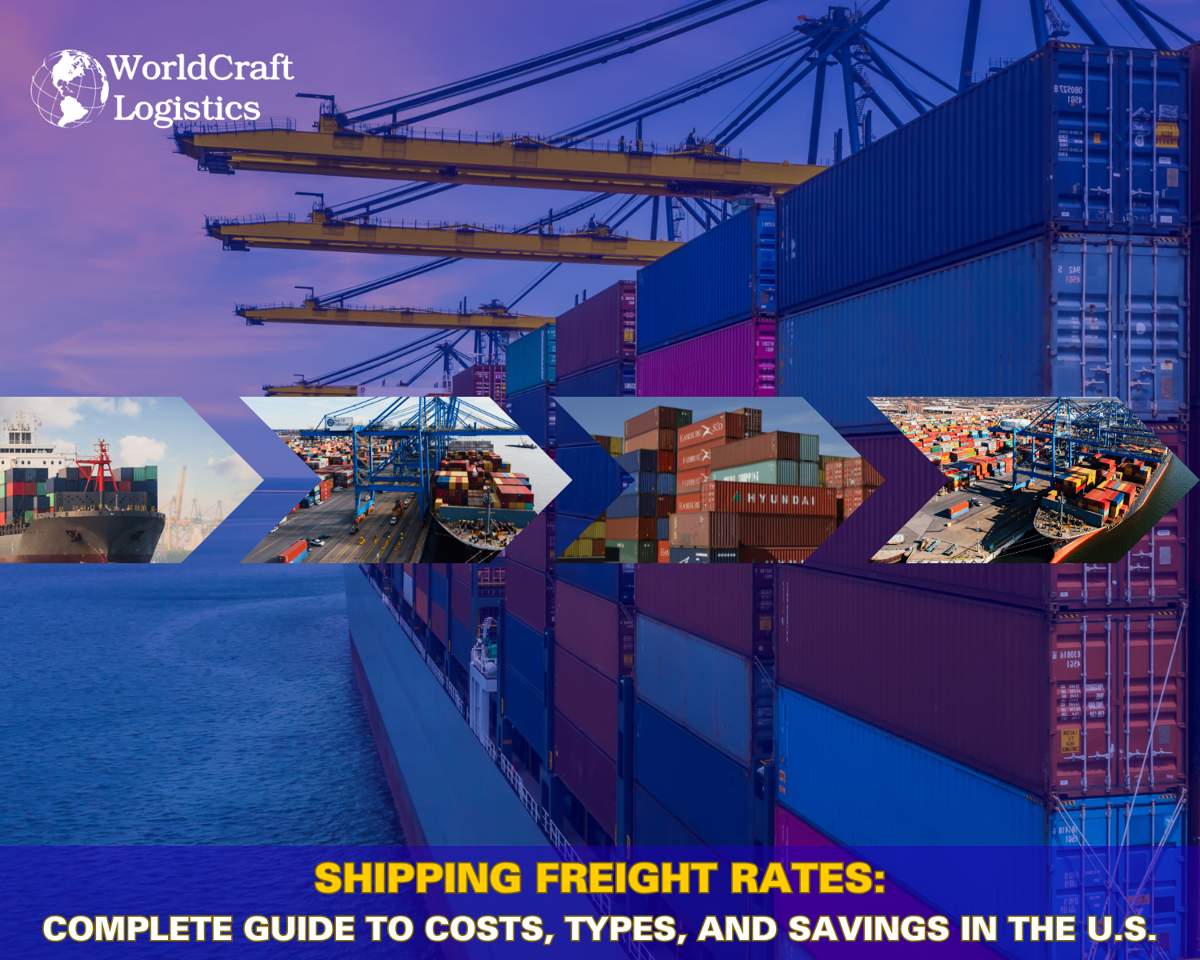
Education
09/09/2025
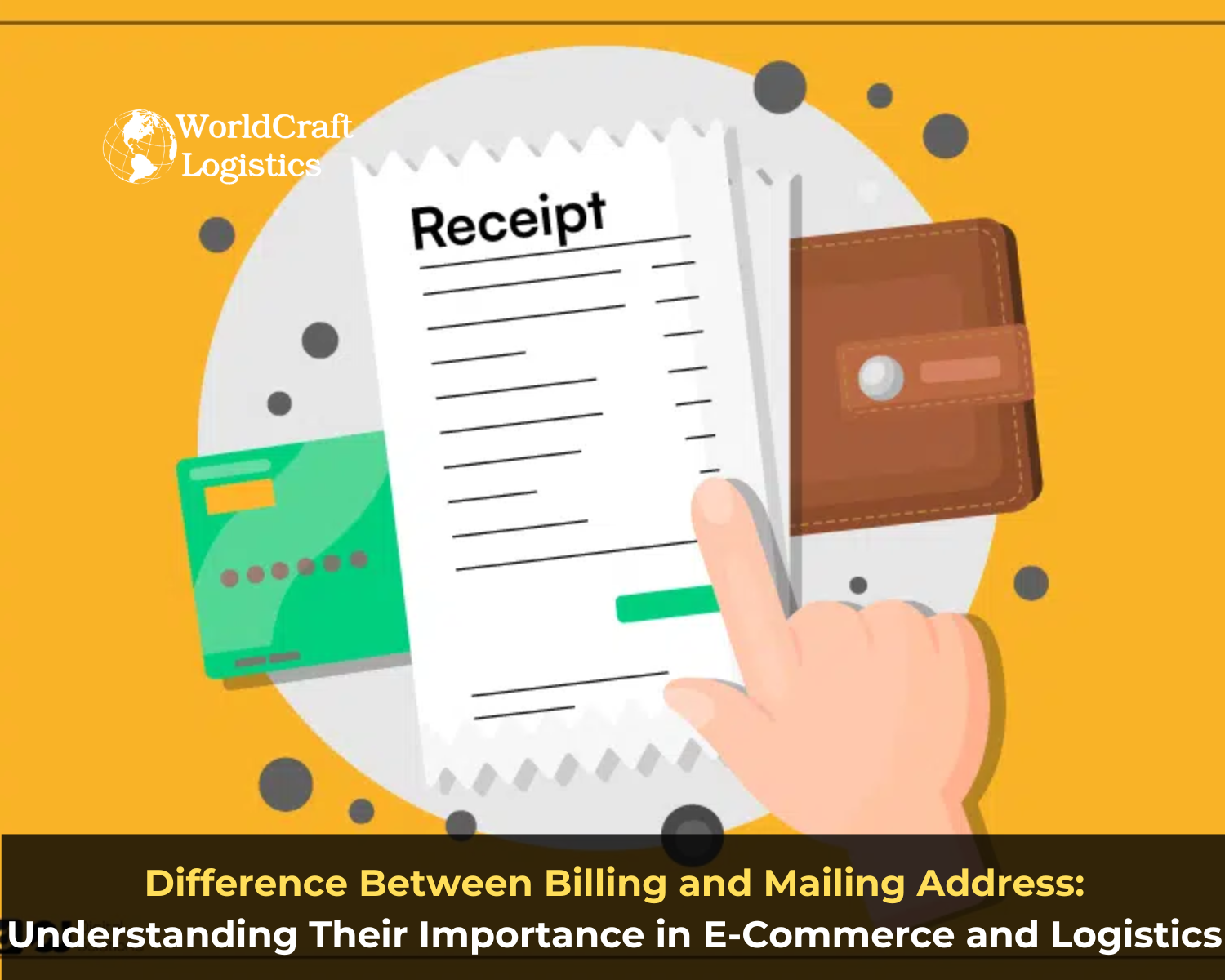
Education
08/28/2024